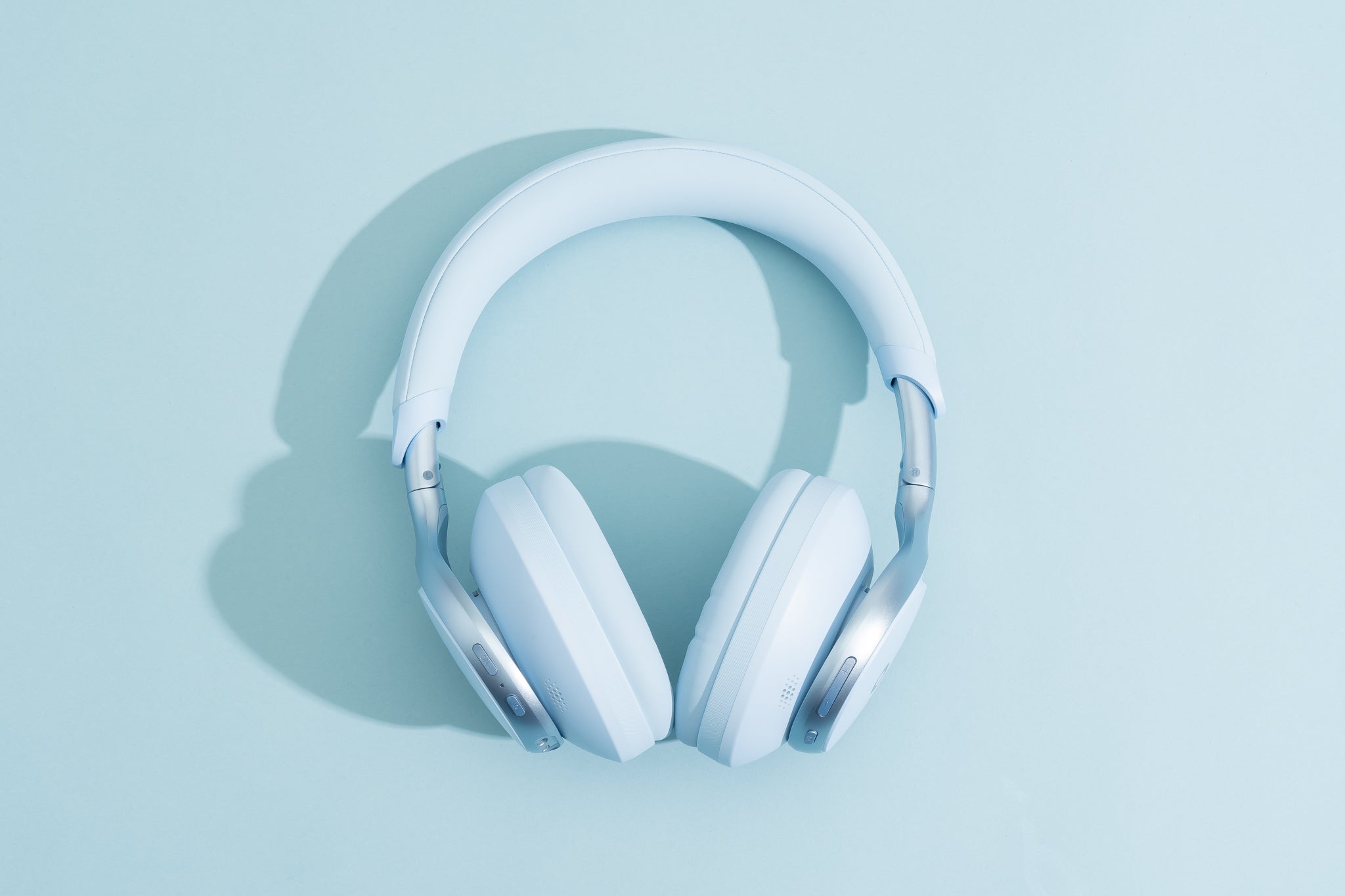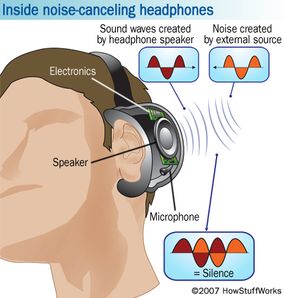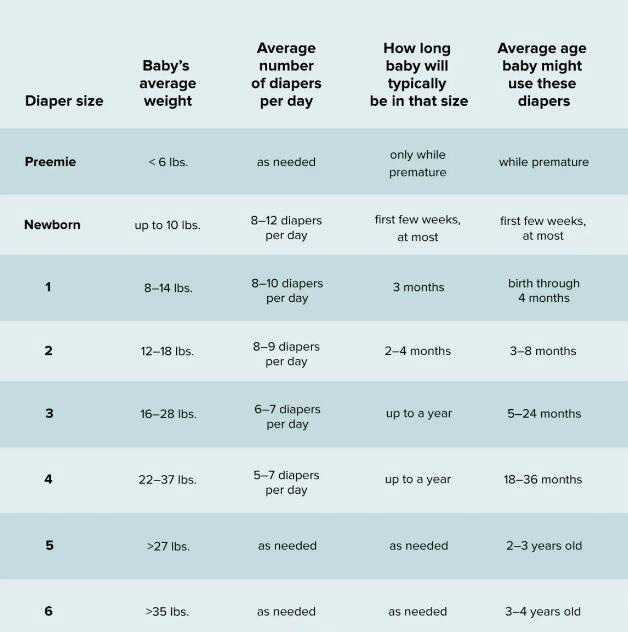Navigating Noise Isolation in Headphones: A Comprehensive Guide
Introduction
Headphones have been a cornerstone of the technological world, providing individualized sound and personal enjoyment in music, movies, and many more. With the advent of technology, advanced features have been introduced for improving user experience, and noise isolation is one of them. This comprehensive guide aims to shed light on everything you need to know about noise isolation in headphones, comparing it with noise cancellation, understanding its impact on sound quality, and tips on maximizing their usage.
What is Noise Isolation in Headphones?
Noise isolation, often termed as passive noise cancellation, is an inherent feature present in the design of certain types of headphones. Here's what it comprises of:
- Concept: It involves reducing the amount of external, unwanted noise that makes it to your ears. This makes your music or chosen audio elements more precise and less contaminated by outside sounds.

- Mechanism: It's achieved passively, through an optimal design and snug fit around or in your ears. The strategy here is to physically block external sounds from reaching your ears.
- Power: Unlike active noise cancellation, noise isolation doesn't require additional batteries or power, it works solely based on design and fit.
- Use: Ideal for those who want a personalized audio experience without completely cutting them off from the ambient sounds. So, you can still be aware of your surroundings while enjoying your favorite tunes.
How Does Noise Isolation Compare to Noise Cancellation?
Noise Isolation and Noise Cancellation might sound interchangeably similar, but they function on different principles and offer varied experiences. Here's a brief comparative insight that separates the two:
1. Mechanism: Noise isolation, or passive noise cancellation, blocks environmental noise through physical means. It heavily depends on the fit and design of the headphones. Noise cancellation, commonly termed as active noise cancellation, involves smart technology to create antinoise waves, nullifying the ambient noises.
2. Power Requirement: Noise isolation headphones require no additional power or technology, as their sole reliance is on material and design. On the flip side, noise cancellation headphones require battery power to operate and to create antinoise signals.

3. Sound Quality: Noise isolation headphones lean more towards providing the audio as it is, without making alterations. However, noise cancellation headphones might vary in sound quality, as the generated antinoise signals can potentially modify the original audio.
4. User Preferences: Noise isolation is recommended for listeners who wish to avoid complete disconnection from their surroundings, while, noise cancellation is ideal for those individuals seeking an immersive and isolated audio experience.
Each has its unique offerings, advantages, and shortcomings. Therefore, the choice between noise isolation and noise cancellation boils down to individual preferences and specific use-cases.
What Role Does Noise Isolation Play in Enhancing Sound Quality?
Noise isolation significantly influences the caliber of sound while using headphones. Let's delve into how this feature enables an unparallel audio experience:
- Minimization of External Noise: Noise isolation works to eradicate background chatter. It ensures that the audio you're listening to, whether it's a song, dialogue, or podcast, retains its original cadence, making the experience far more immersive.
- Sound Clarity and Detail: By eliminating background noise distractions, important audio elements can be heard more clearly. This can particularly enhance the experience of listening to intricate music compositions or conversational podcasts where every minute detail counts.
- Safe Listening Levels: One advantage of noise isolation is that it negates the need to increase the volume to extreme levels to counteract background noise. This not only safeguards your auditory health but also enhances audio quality at lower, less distorted volume levels.
- Barrier to External Disturbances: Noise isolation is like a shield against potential disruptions during your audio journey. It ensures your experience remains undisturbed, irrespective of where you are - on a bustling street, in a crowded subway, or in a noisy house.
In essence, noise isolation holds the power to transform your audio experience, taking it from merely audible to exceptionally high in fidelity and detail. This feature can act as a game-changer, making your audio sessions an escape into an aural universe that's as authentic as it can get, without the distracting noises of the outer world.
How to Identify High-Quality Noise Isolation Headphones?
Procuring high-grade noise isolation headphones can seem like a daunting task if you're uncertain about the essential aspects to consider. However, by focusing on certain characteristics, you can accurately identify which ones offer top-notch noise isolation.
1. Perfect Fit: The primary factor is how well the headphones fit in or over your ears. The better the fit, the more effective they will be at physically isolating background noise.
2. Material Quality: Assess the material used in the headphones' construction. Denser materials, such as memory foam, are typically more competent at noise isolation.
3. Frequency Range and Sensitivity: High-quality headphones usually feature a wider frequency range and higher sensitivity. Both these elements enhance the overall sound quality.
4. Expert and User Reviews: Rely on reviews from professionals and other users. Their experiences can provide valuable insights into the headphones' performance and noise isolation efficiency.
By prioritizing these aspects, you can ensure that you're investing in a high-quality pair of noise isolation headphones that meet your specific needs and enrich your audio experiences.
Tips on Using Noise Isolation Headphones for Maximum Benefit
To ensure you are harnessing the maximum possible benefits of your noise isolation headphones, the following tips and techniques have proven to be incredibly resourceful:
- Find the Perfect Fit: Noise isolation headphones can only perform their magic if they fit perfectly around or in your ears. A snug fit ensures a good seal to block external sounds effectively.
- Maintain Your Headphones: Regular maintenance is crucial. Accumulated dirt or debris can interfere with the seal of the headphone cushions, reducing their noise-isolating ability.
- Safe Audio Levels: One of the advantages of noise isolation is that it allows for clear and detailed sound without the need to crank up the volume. Keep your audio at a reasonable level to guard against potential hearing damage.
- Stay Aware: Despite the desirability of sound isolation, safety should always come first. If you're walking, driving, or participating in activities that require awareness of your surroundings, you should adjust the use of your headphones as necessary.
Following these guidelines not only maximizes the efficiency of your noise isolation headphones but also prolongs their life and utilisation, enhancing your overall auditory experience.
Conclusion
Noise isolation in headphones is an efficient way to elevate your listening experience without adding extra pressure on your ears. Optimizing the use of this feature allows for an immersive audio experience without having to compromise on quality or hearing health. Understand your needs, do your research, and find the best noise isolation headphones that suit your lifestyle.
Related FAQs about what is noise isolation in headphones
Is noise isolation harmful to our ears?
No, noise isolation is not harmful to our ears. In fact, it can help protect your hearing by reducing the need to crank up the volume in noisy environments. However, like any headphone use, prolonged and loud music listening can potentially damage your hearing over time.
Can noise isolation headphones completely block the outside noise?
While noise isolation headphones significantly reduce external noises, they don't completely block all sounds. They work by physically impeding the access of outside noise to your ears. Hence, the effectiveness can also depend on the fit and design of the headphones.
Are noise isolation headphones better than noise cancellation headphones?
Whether noise isolation headphones are 'better' than noise cancellation headphones may depend on individual preferences. Noise isolation works effectively to minimize ambient noise without power, while noise cancellation uses power to eliminate noise. If you want to reduce some background noise while retaining some awareness of your surroundings, noise isolation is more desirable.


